About doTERRA – The doTERRA Difference
- Our Story
- Global Botanical Network
- Cō-Impact Sourcing®
- Healing Hands Foundation AUNZ
- CPTG® Essential Oil Purity
Our Story
Founded in 2008, doTERRA was built on the mission of sharing essential oils with the world. Having seen for themselves the incredible benefits that can be had from using these precious resources, a group of health-care and business professionals set out to make this mission a reality. They formed a company and named it doTERRA, a Latin derivative meaning “Gift of the Earth.”
The first hurdle to overcome, however, was to establish a standard of quality in an industry that had never had one. It wasn’t enough to simply provide essential oils to homes around the world; the doTERRA founders were committed to providing only the highest quality and purest essential oils so that families could know with surety that they were using only the best to promote wellness for their loved ones. This commitment lead to the creation of a new standard: CPTG.
To achieve such a grand vision as bringing essential oils to the world required a team of dedicated people. This team would need to be made up of people dedicated to hard work, commitment, passion, and vision. That team has grown since its initial inception, but the mission remains the same—to provide essential oils that appeal to everyone from the novice to the expert, and that can be used safely on your loved ones.
Sharing essential oils is a unique experience, and the founders of doTERRA recognised that a sales model just as unique would be needed. In order to best facilitate personal essential oil experiences, doTERRA utilises a direct selling model that allows distributors to work with customers as opposed to mass marketing. This more individual approach allows individuals to experience for themselves the incredible power of essential oils while also developing relationships of trust. This model also created the opportunity for individuals and families to achieve their dreams of financial independence. Over 2 million Wellness Advocates, now use and sell doTERRA products around the world.
The first offering of doTERRA essential oils included 25 single oils and 10 blends and was introduced for sale on April 25, 2008. Since that time, the doTERRA product offering has added many more single oils and oil blends as well as nutritional, spa, and household products. Of course, that offering couldn’t be possible without a Global Botanical Network of artisans and distillers. As doTERRA has become a trusted partner in the essential oils industry, it has also been able to help communities improve their own economic futures through its Co-Impact Sourcing® model and the doTERRA Healing Hands Foundation™.
Based in a state of the art facility in Pleasant Grove, Utah, doTERRA continues to work toward achieving its vision of providing all families everywhere with the health-promoting benefits of essential oils.
The information on this page is sourced from https://www.doterra.com/AU/en_AU/about-our-story
Global Botanical Network
"... the majority of our oils come from exclusive agreements where the growers and distillers will only sell to doTERRA. So if anybody is telling you they have the same quality essential oil as doTERRA, or that they get their essential oils from the same producers, that simply isn’t the case."
We have gardens everywhere, from backyards to greenhouses and community plots. Even window sills are decorated with herb gardens. Farms across the globe plant, grow, and harvest crops every day. With such a wide variety of possibilities for growing the raw materials needed for essential oils, one might think that supplying the world with these incredible gifts might be a simple process. Simply plant a seed, harvest the materials, and distill the oils, right?
Such a model, however, could never be sufficient. Meeting the increasing demand for oils with the highest quality that are most beneficial requires a more global initiative. Through our Global Botanical Network of essential oil growers and distillers, doTERRA has created an optimal system for the distillation and distribution of essential oils.
doTERRA works with farmers and distillers in over 40 countries to provide essential oils to customers around the world. doTERRA values the wealth of expertise local growers and producers have when it comes to the plants that provide essential oils. While the temptation may be to buy out large plots of land to create farms dedicated to these plants, the simple fact remains that you cannot replace the knowledge of these growers and distillers—many of whom have worked their different crops for generations. It would be impossible to try to assimilate all that knowledge and experience, so why not simply recruit that expertise into a global network?
Creating partnerships with the myriad growers and distillers is no simple feat either. It takes a proven record built over years to establish an honorable reputation. By dealing fairly and honestly with individuals and co-ops, doTERRA has earned their trust. That effort is paying off as word spreads about the integrity of doTERRA. More and more people are signing up to work with doTERRA, making us the world’s largest purchaser of essential oils. Additionally, the majority of our oils come from exclusive agreements where the growers and distillers will only sell to doTERRA. So if anybody is telling you they have the same quality essential oil as doTERRA, or that they get their essential oils from the same producers, that simply isn’t the case. Our demanding quality standards and exclusive agreements with those that grow the plants and produce the essential oils mean doTERRA’s quality is unrivaled.
Beyond the benefits in terms of production, a Global Botanical Network has the added benefit of being able to change lives for the better. Through our Co-Impact Sourcing® as well as the doTERRA Healing Hands Foundation™, we have been able to positively impact the communities where our partners live. Many of our essential oils come from developing countries where they do not enjoy the basic amenities of our modern world. As we work to create partnerships in these areas, we also work to improve lives through providing these basics and through promoting education.
Providing the highest quality essential oils may seem simple but when done correctly it takes dedication, integrity, and trust—principles doTERRA is dedicated to.
The information on this page is sourced from https://www.doterra.com/AU/en_AU/difference-global-botanical-network
Cō-Impact Sourcing®
doTERRA is committed to providing only the highest quality essential oils to every household throughout the world. Accomplishing such a goal requires extensive research to identify the best sources of these oils. Sourcing essential oil comes from. There are complexities and nuances that affect the quality of an oil produced by the plant. Identifying the specific genus and species must be coupled with also identifying the best soil and environment to grow that plant, the best part of the plant and the best time to harvest, and the most effective means of distilling the oil from the plant.
Once the specific plant and the proper environment have been identified, doTERRA goes to work finding the experts who have built their lives around those plants—many of whom have been doing so for generations. That expertise is irreplaceable, and sets doTERRA products apart from every other product out there.
With over 100 essential oils on the market, doTERRA sources its oils from 40 countries. Of those countries, 23 are developing countries that do not enjoy many of the basic amenities that we so often take for granted. In these cases, and in many cases in developed countries, doTERRA’s need for essential oils is elevating communities out of poverty and desperate need. This initiative is called Co-Impact Sourcing.
Co-Impact Sourcing is so much more than just getting oils. Rather, Co-Impact Sourcing develops long-term, mutually beneficial partnerships. Through Co-Impact Sourcing, doTERRA helps to provide the resources and education needed to improve the economy—and even sometimes create an economy—in these communities. Jobs are created as the need for an essential oil is met. Additionally, farming and distilling equipment as well as training are also provided. Additionally, farmers and distillers enter into agreements that assure them of fair and timely pay that they can rely on. But that’s not all. doTERRA’s non-profit, charitable organisation, the Healing Hands Foundation™, also plays a role in Co-Impact Sourcing. The Healing Hands Foundation steps in to help the rest of the community, providing education, building schools, and working to provide the necessities of life, such as portable water and needed infrastructure.
This commitment to not only source the highest quality essential oils but to also improve the lives of the communities results in a great deal of trust. As doTERRA has grown, that trust has resulted in many essential oil cooperatives entering into exclusive agreements with doTERRA. Word has also spread, and many more farmers and distillers are beginning to reach out to doTERRA to enter into their own agreements.
Throughout it all, doTERRA’s commitment has remained the same—changing lives throughout the world with the precious gift of essential oils.
Learn more about a few of doTERRA's Co-Impact Sourcing programs:

The information on this page is sourced from https://www.doterra.com/AU/en_AU/difference-co-impact-sourcing
doTERRA Australia is the primary financial supporter of the doTERRA Healing Hands Foundation Australia and New Zealand. The foundation works to provide people and communities experiencing poverty or distress with the tools to become self reliant.
doTERRA Healing Hands Foundation Australia and New Zealand do this through:
- Global impact partners;
- Emerging partners for impact;
- Matched funding for Wellness Advocate projects;
- Disaster response;
- Co-impact projects
Through these programs people have access to tools to alleviate their distress and escape their situation.
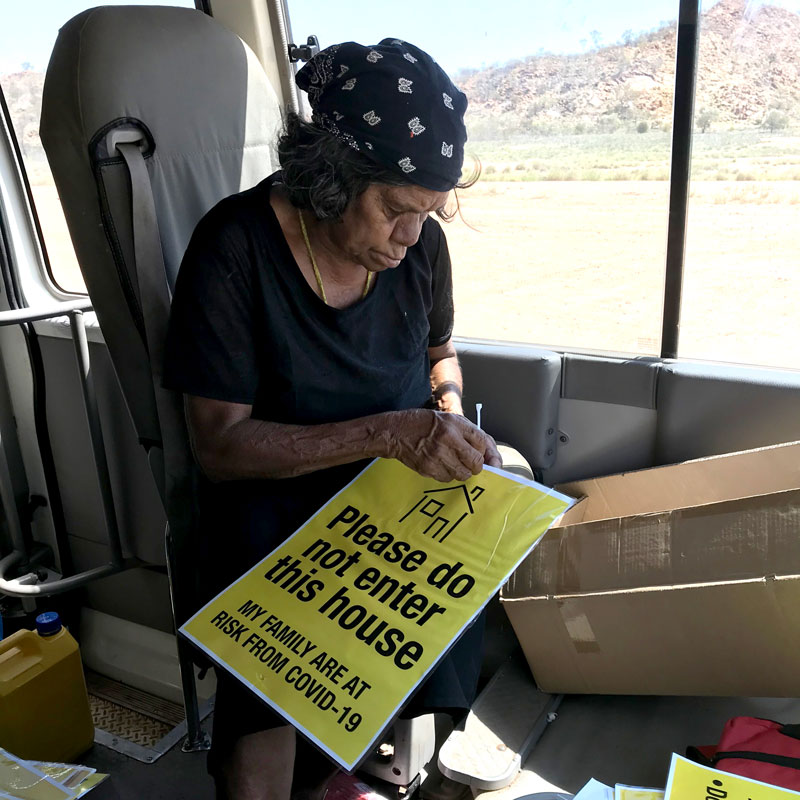
|
Emerging Partners for ImpactThe Emerging Partner for Impact Program aims to grow the impact and work of Australian and New Zealand based organisations in the following key areas:
|
Disaster ResponseThe doTERRA Healing Hands Foundation Australia and New Zealand support communities to:
In 2020 the Foundation has supported two broad areas of disaster response. First, we responded to the devastating bushfires over the 2019/2020 Australian summer.
Click HERE to read about the initial COVID-19 response donation we made to Children's Ground. |
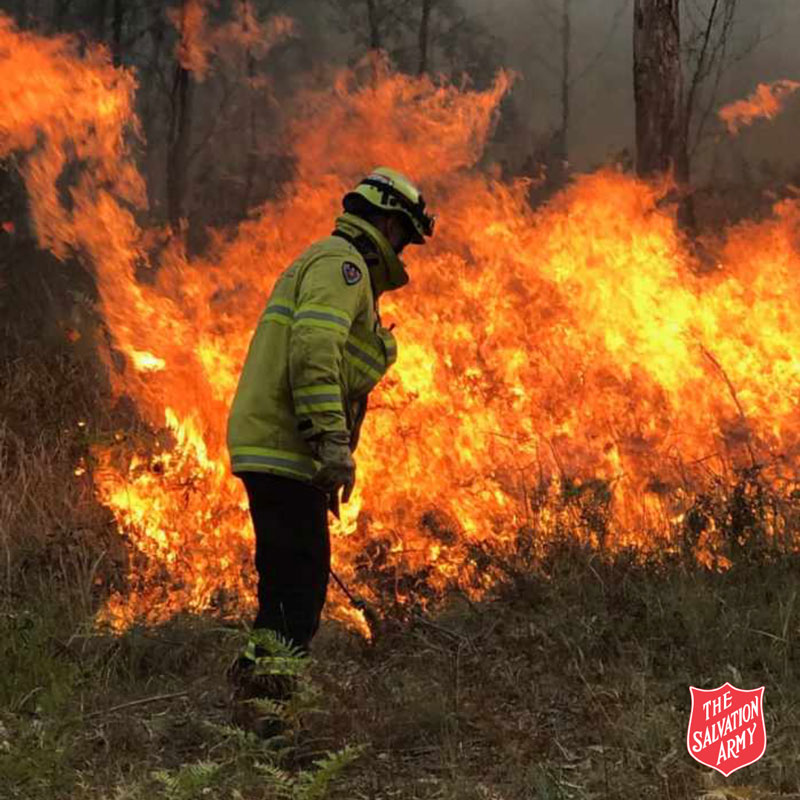
|
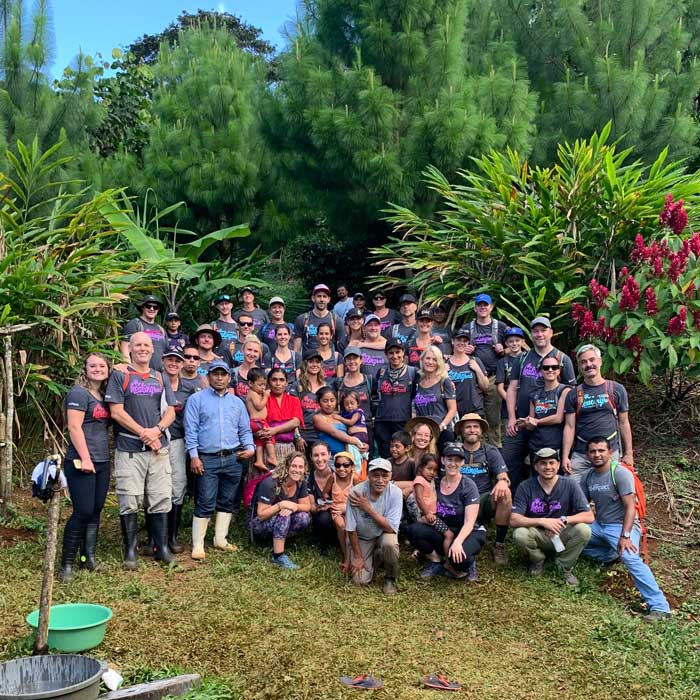
|
Co-Impact Sourcing ProjectsThe doTERRA Healing Hands Foundation Australia and New Zealand plans to support community development projects in Co-Impact Sourcing areas in Australia and New Zealand in the coming years. Click HERE to find out more about Co-Impact Sourcing
|
Global Partner for ImpactdoTERRA Healing Hands Foundation International partner with humanitarian organisations to extend their collective reach and impact. The doTERRA Healing Hands Foundation Australia and New Zealand supports one of those partners who are based locally, Days for Girls Australia. Click HERE to find out more about Days For Girls Australia |
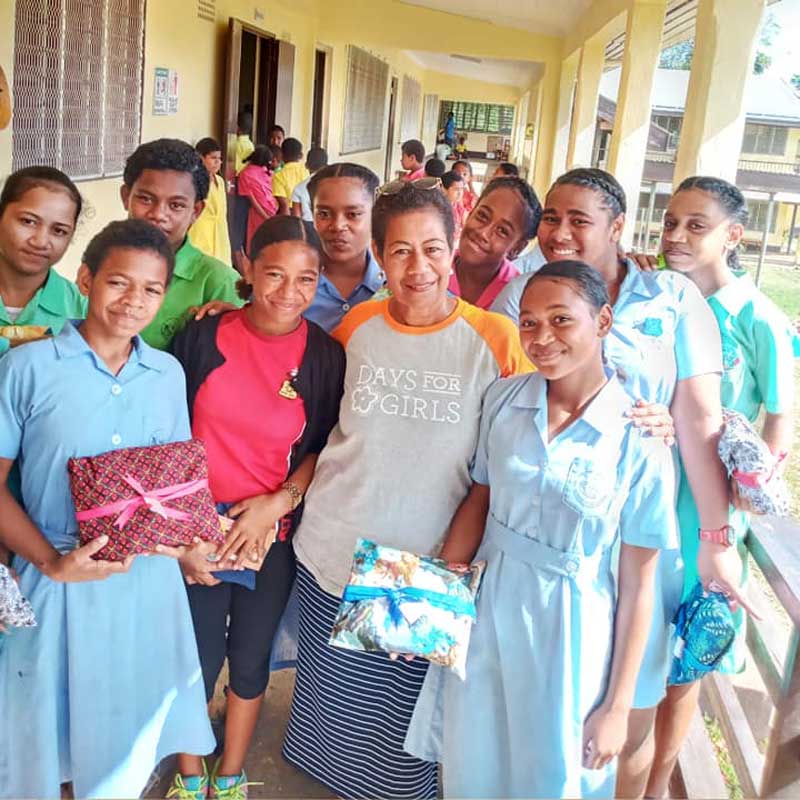
|
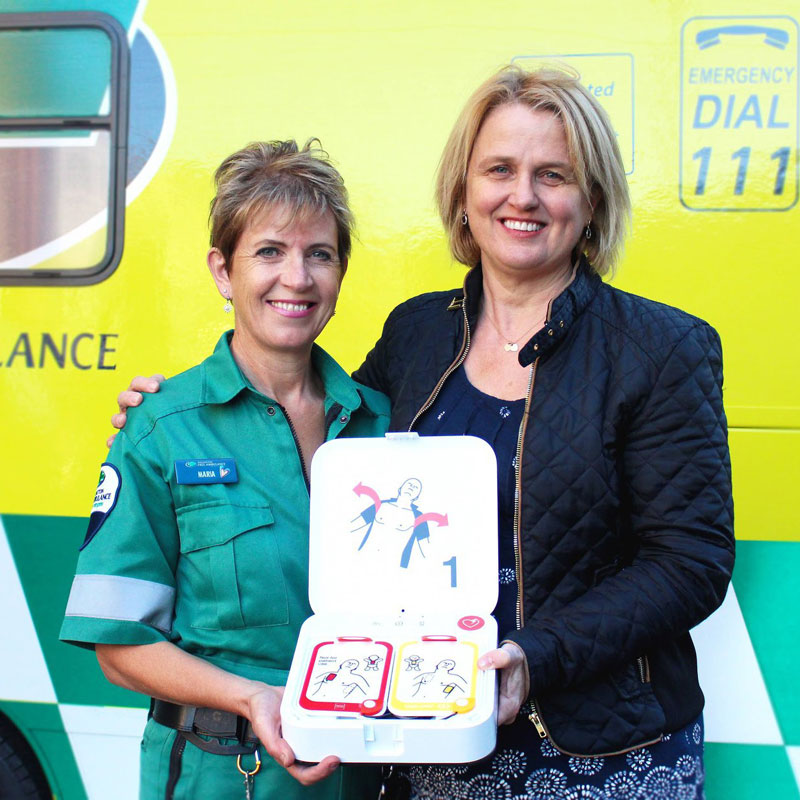
|
Match Funding ProgramdoTERRA Healing Hands Foundation Australia and New Zealand can match funds raised by Wellness Advocates for qualifying charities up to $15,000AUD. |
doTERRA Healing Hands Australia and New Zealand is an Australian Non-Profit Company registered with the Australian Charities and Non-Profit Commission. As a Publically Benevolent Institution with deductible gift status all donations over $2 are eligible for a tax-deductible receipt.
The information on this page is sourced from https://www.doterra.com/AU/en_AU/healing-hands-foundation-australia-new-zealand
Essential Oil Purity: CPTG® Quality Testing
Are doTERRA Oils Pure?
The purity of an essential oil is its most important characteristic. When an essential oil is adulterated or contaminated, it becomes less effective and can even be unsafe, depending on the type of adulteration or contamination. Purity is doTERRA’s first priority when producing essential oils.
How Does doTERRA Make Sure Their Essential Oils Are Pure?
From the beginning, we’ve made it our mission to share pure, quality essential oils with the world. However, without a definitive standard for essential oil purity, doTERRA decided to set the standard for purity in the essential oil industry.
Not all essential oil companies choose to enforce high testing standards for their oils. In fact, many companies skip important steps in the testing process in order to save money or time. Unfortunately, when proper testing measures are not taken, it’s impossible to ensure that an essential oil is “pure.”
To ensure that each bottle of essential oil is pure and free from contaminants or synthetic fillers, doTERRA created the CPTG Certified Pure Tested Grade® protocol. The CPTG process includes a rigorous examination of every batch of oil, along with third-party testing for transparency.
Why Is It Important to Use Pure Essential Oils?
Some people ask, “Does essential oil purity really matter?” Or, “What happens if I use essential oils that aren’t pure?”
The answer is yes—essential oil purity matters. If you use an oil that has been adulterated, contaminated, or loaded with synthetic fillers, you will not experience the full benefit. And in some cases, low-quality oils can even be dangerous or unsafe.
This is why doTERRA cares so deeply about essential oil purity. If you use an impure oil, it can be difficult to completely experience the essential oil and can possibly put yourself at risk. However, when you use pure, unadulterated essential oils, you know you are getting consistent quality and a trusted product.
How to Know If Your Essential Oils Are Pure
How can you tell if your essential oils are pure? Before you buy essential oils, do a little research to find out how essential oil companies source, produce, and test their oils.
Here are a few questions to ask during your research:
Plant quality: Does the company use high-quality plants to produce their essential oils? Are chemicals and pesticides used in plant care?
Production practices: Does the company have safety procedures in place to guard against contamination during the production process? Are oils adulterated or are synthetic fillers added to cut costs?
Testing methods: Does the company test each batch of essential oil? Is third-party testing used? Are test results available to the public?
Storage and handling: Are the oils carefully processed, packaged, and stored to avoid chemical alterations caused by exposure to heat or light? (Amber bottles are typically the best option for essential oil storage.)
Ensuring Essential Oil Purity: The CPTG Process
doTERRA begins the CPTG testing process shortly after distillation, when each oil is reviewed for its chemical composition. The doTERRA production facility carries out a second round of testing to ensure that the oils distilled and tested during the first round are the same ones that arrived at our facility. A third review of the chemistry of the oils is conducted as the oils are packaged into the bottles before they’re shipped out to consumers. Each test confirms that our essential oils are free of contaminants and that no unexpected alterations occurred during production.
8 Ways to Know That doTERRA Essential Oils Are Pure
The CPTG quality testing process includes eight main steps to guarantee that every batch of doTERRA essential oil is pure and unadulterated.
Read below to learn about the tests doTERRA use to ensure essential oil purity.
1. Organoleptic testing
Organoleptic testing involves the use of our human senses, specifically sight, smell, taste and touch. To expert distillers, the senses are used as the first line of quality testing to provide immediate clues as to the acceptability of a product. An oil that has an unusual smell, uneven consistency, or strange colour instantly tells the distiller that something is wrong. This testing is often used as a preliminary quality control step before any other tests are conducted.
2. Microbial testing
Microbial testing involves analysing a batch of essential oils for the presence of biohazardous microorganisms, such as fungi, bacteria, viruses and mould. The process involves drawing a sample and then adding that sample to a sterile growth medium in an enclosed dish or plate. The sample is incubated for a period of time and then observed for microbial growth. This test is performed on product entering the manufacturing facility and on finished products prior to distribution to ensure that no products have been contaminated during the filling process.
3. Gas chromatography
In gas chromatography, an essential oil is vaporised and passed through a long column to separate the oil into its individual components. Each component travels through the column at a different speed, depending on its molecular weight and chemical properties, which are measured as it exits the column. Using this testing method, quality control analysts can determine which compounds are present in a test sample.
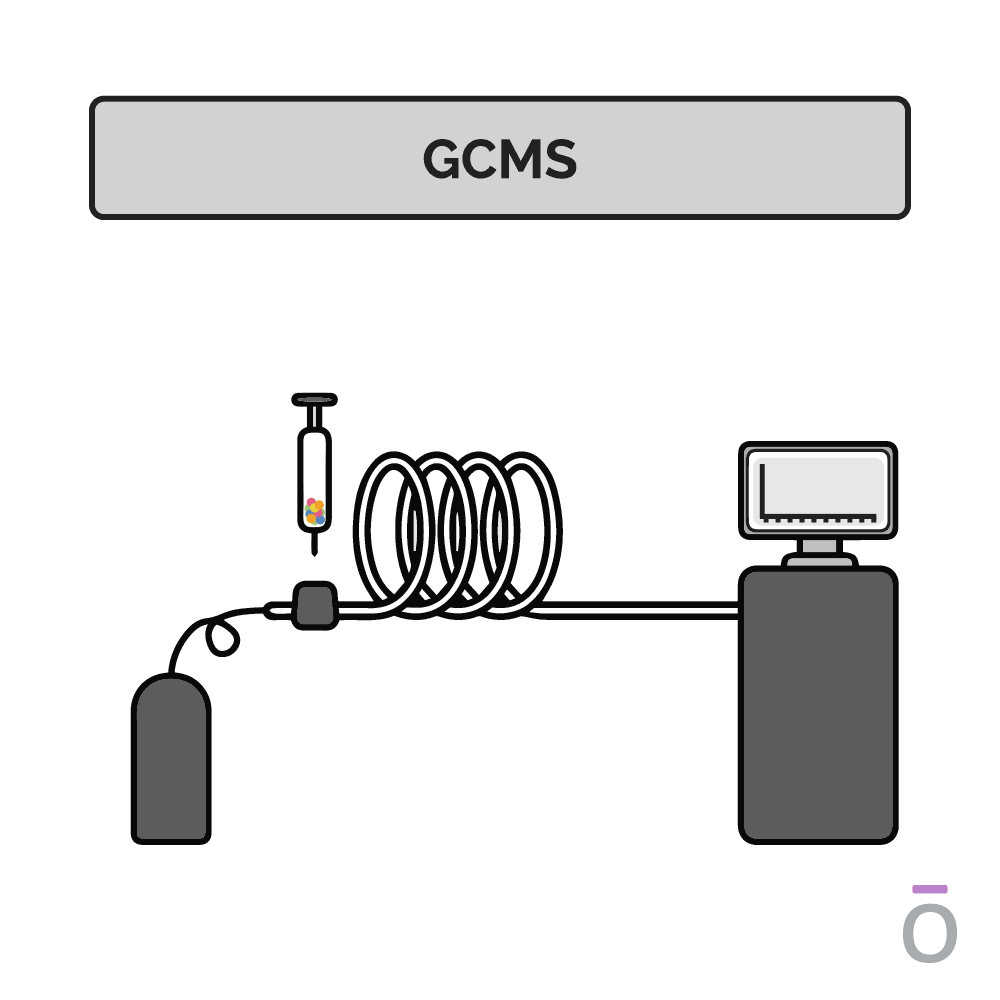
4. Mass spectrometry
Mass spectrometry is used together with gas chromatography to further determine the composition of an essential oil. In mass spectrometry, the constituents previously separated by gas chromatography are ionised and sent through a series of magnetic fields. Using molecular weight and charge, the amount of each constituent can be identified, providing additional insights into the quality of an essential oil.
5. Fourier-transform infrared spectroscopy (FTIR)
Fourier-transform infrared spectroscopy (FTIR) is conducted to ensure the quality and consistency of each essential oil batch. This testing method identifies the structural components of essential oil compounds. In an FTIR scan, infrared light of different frequencies is shined through a sample of essential oil and the amount of light absorbed by the sample is measured. The quality of the sample is determined by comparing the results from an FTIR reading to a historical database with absorption patterns of high-quality samples recorded.
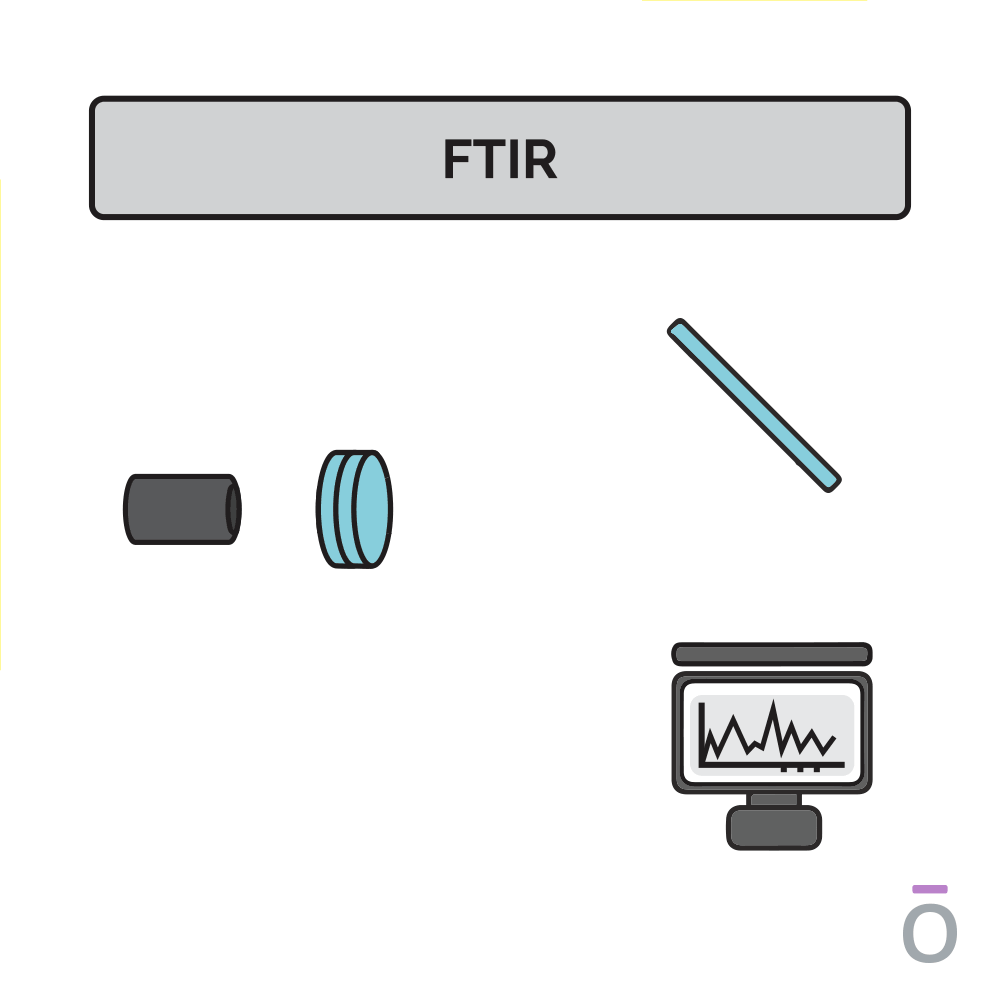
6. Chirality testing
Chirality, a term derived from the Greek word hand, is a term used to describe the 3D orientation of a molecule. Just as you have two hands, chiral molecules exist in two forms, distinguished as either the right or the left hand. You may visualise this principle by looking at your hands: when placed side by side, they’re mirror images of each other.
In molecules, each “hand” has different chemical properties, which affects the way essential oils interact . One hand is often produced predominantly in nature. However, in a laboratory environment, the ratio of right- to left-handed molecules is always 50/50 because of their structural similarities. The ratio of right- to left-handed constituents can be determined through a special type of gas chromatography.
Though not commonly performed on a batch-to-batch basis, this testing method is used to ensure that no synthetic elements are present in essential oils.
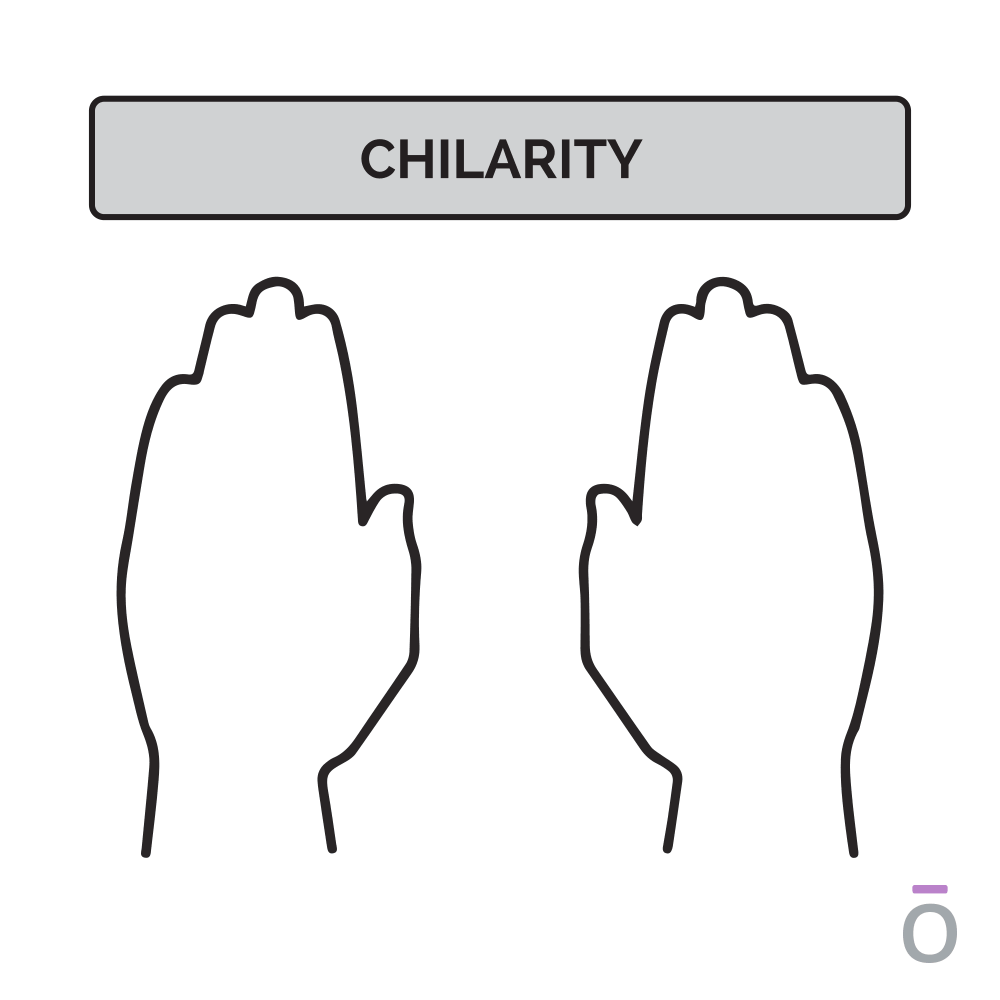
7. Isotopic analysis
Matter is made up of tiny chemical building blocks called elements. Although dozens of elements exist, each one is distinct due to the protons it contains. Sometimes, an element can exist in more than one stable form if it has more or less neutrons. When this occurs, the elements are called isotopes. The element carbon can exist in two stable isotopes, carbon-12 (6 protons and 6 neutrons) and carbon-13 (6 protons and 7 neutrons).
Because essential oils are organic compounds, they are composed primarily of carbon atoms and will have a certain ratio of carbon-12 to carbon-13 isotopes. This ratio varies based on location around the world.
Using a special type of Mass Spectroscopy, it is possible to determine which isotopes are present in an essential oil constituent and at what amounts. If sourced from the same location, every constituent in an essential oil should have the same ratio of isotopes. If a particular constituent has an isotopic profile different than that of the other constituents, then the quality control analyst will know that a particular essential oil contains an adulteration.
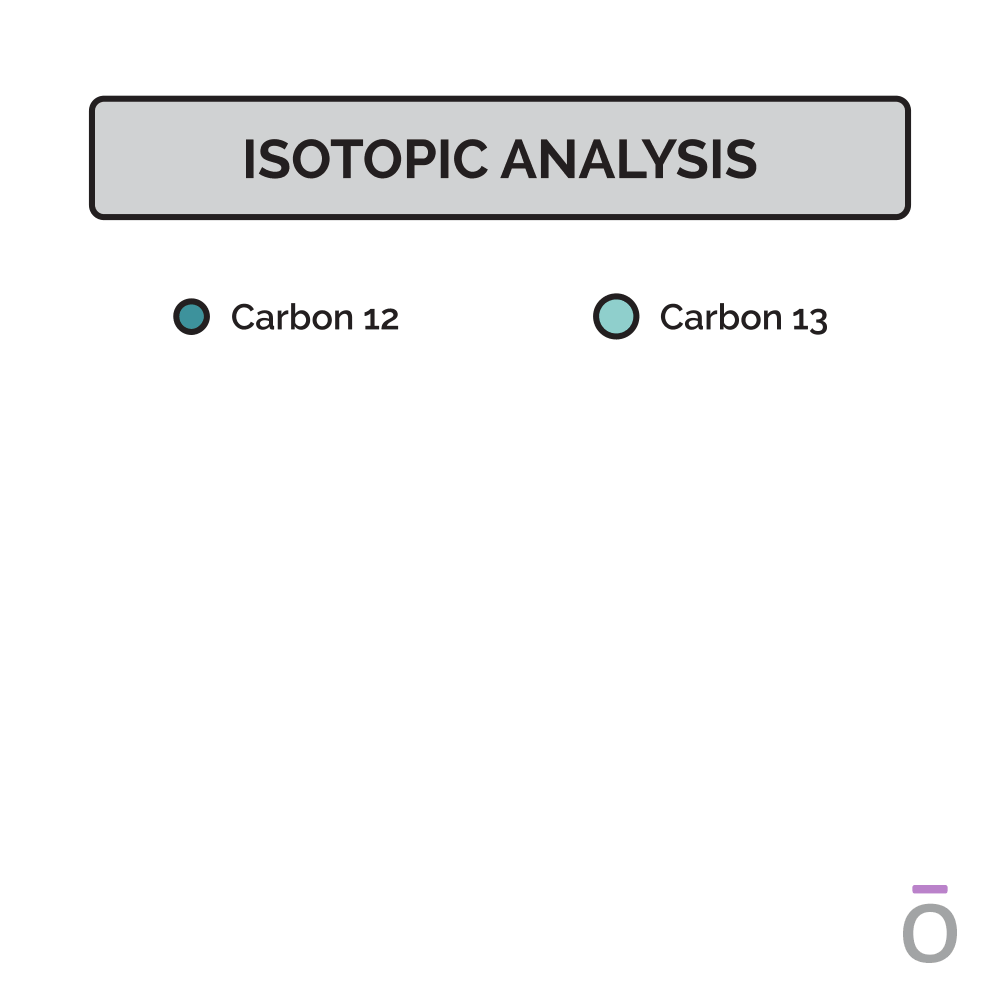
8. Heavy metal testing
Heavy metal testing shows the amount of heavy metal content in any given essential oil. When properly distilled, essential oils shouldn’t contain heavy metals. Inductively coupled plasma- Mass Spectroscopy (ICP-MS) testing uses a high-energy medium called ICP to ionise the sample. The sample is then run through a mass spectrometer, which separates the sample into its elemental parts and provides a reading about which elements are present and at what quantities.


